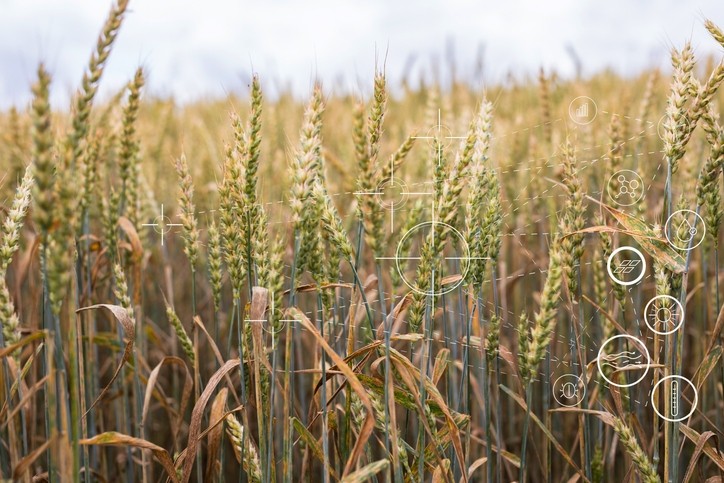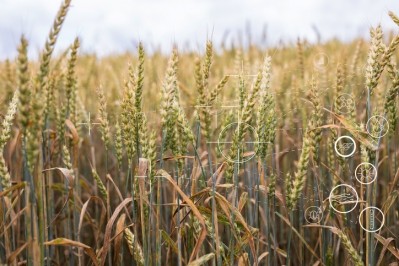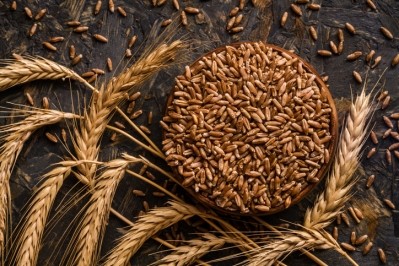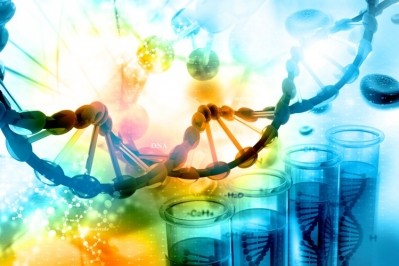Young consumers ‘partial’ to gene-edited crops as EU seeks revised GMO rules

According to Mintel, young consumers are almost twice as likely than average to say they would choose GM foods if they were better for them. For example, in Germany around a quarter (23%) of consumers aged 16-24 would choose a food/drink product with genetically modified ingredients over one without if it was more nutritious - this compares to an average of 13% of Germans.
Openness specifically to nutritious GM products aligns with a broader open-mindedness to GM products overall, Mintel said. For example, 30% of Brits also said that GM food is a good solution to global hunger, rising to 44% of under-35s. Two in five (40%) Brits aged 16-44 would buy GM produce if it was more nutritious than regular offerings.
Alex Beckett, Mintel Food & Drink Director, said younger consumers are attracted to the potential benefits of plant breeding.
“Consumers are increasingly curious about, and hungry for, ingredients that boost their health and wellbeing. This adds a fascinating angle to the GM debate, as GMOs could help meet demand for nutritionally improved staple crops like rice, maize and wheat as well as functional health ingredients.
“Young European adults are clued up about the various ramifications of the climate crisis and know that increasingly frequent extreme weather events only accelerate the need for new perspectives on food sourcing. The GM issue is controversial but, regulation-wise, things are moving fast, so it’s essential to know what consumers think.
“Recent developments in GM foods and ingredients suggest they have potential to help tackle food insecurity and malnutrition. Mintel data suggests that younger people are quite pragmatic about GM. Compared with older generations, they are more willing to try new solutions and have an inherent trust in tech’s ability to make the world better. And as the generation which is inheriting this hungry planet, who could blame them?”
Gene editing vs genetic modification
The Commission is not, however, pushing to allow genetically modified foods. Instead, it is seeking to revise the rules on genetically modified organisms (GMOs) to free up the use of gene edited crops. Similarly, the UK government too is pushing its own law to allow gene editing. The process of gene editing is different from genetic modification, which introduces DNA from one species to another.
Essentially, the Commission’s proposal would remove crops produced with new gene editing techniques (mutagenesis and cisgenesis) from being labelled as GMO products. This would reverse a 2018 ruling by the European Court of Justice which found that the new mutagenesis techniques, although not involving the inserting of genetic material, could be similar to those from ‘classic’ GMOs.
At the time, the Court said that excluding these new GMOs from the existing GMO rules would defeat the point of those rules – to protect the environment and human health – and would violate the precautionary principle.
But the EU executive launched a review in 2021 after concluding that GMO legislation from 2001 was 'not fit for purpose'. According to the Commission, new gene editing techniques are no more dangerous to human health than other forms of plant cultivation.
The European Parliament will now decide which committee takes the lead on forming the Parliament’s position on the proposal, and national governments will decide which ministers will be in charge of agreeing their joint position. Some governments, such as Austria, Slovakia and Luxembourg, have also expressed their concern, as well as environmental groups.
“The release of new GMOs (such as those obtained by CRISPR technology) into the environment will further impoverish both agricultural biodiversity and soil health in European fields, as it will encourage the continuation of monocultures and uniformity, on which industrial agriculture relies, eventually leading to a reduction in the number of species and varieties of foods that will be grown, eroding the biodiversity which is essential to ensuring food security,” said Slow Food agronomist Francesco Sottile.
But others believe new plant breeding techniques are needed to help farmers adapt to climate change and produce more nutritious food for consumers. The EU executive added that some loosening of restrictions for plants resulting from newer gene-editing technology would mean farmers would secure access to climate or pest resistant crops with less fertilisers or pesticides and consumers would be able to buy food with better nutritional value or reduced levels of allergy-causing substances.
The rule change will enable the development of crop varieties with ‘specific and beneficial characteristics’, according to industry association FoodDrinkEurope. Director General Dirk Jacobs said: “Europe’s food and drink manufacturers purchase 70% of EU agricultural production and rely on access to a secure supply of quality, safe and sustainable ingredients. For their part, farmers need access to all tools to address ongoing and future challenges, notably climate change and plant diseases.”
The Commission’s statement added the proposals will “boost innovation and sustainability, by enabling the safe use of technical progress in new genomic techniques, to enable developing climate-resilient crops and reducing the use of chemical pesticides, and by ensuring more sustainable, high-quality and diverse seeds and reproductive material for plants and forests.”
Farmer group Copa and Cogeca added: “NGTs (or new plant breeding techniques) are part of the toolbox that enable breeders to speed up their breeding programmes and bring faster and better plant varieties to the market, which must be accessible in all sectors and all regions helping European farmers, who face many challenges including the acceleration of climate change.”


























